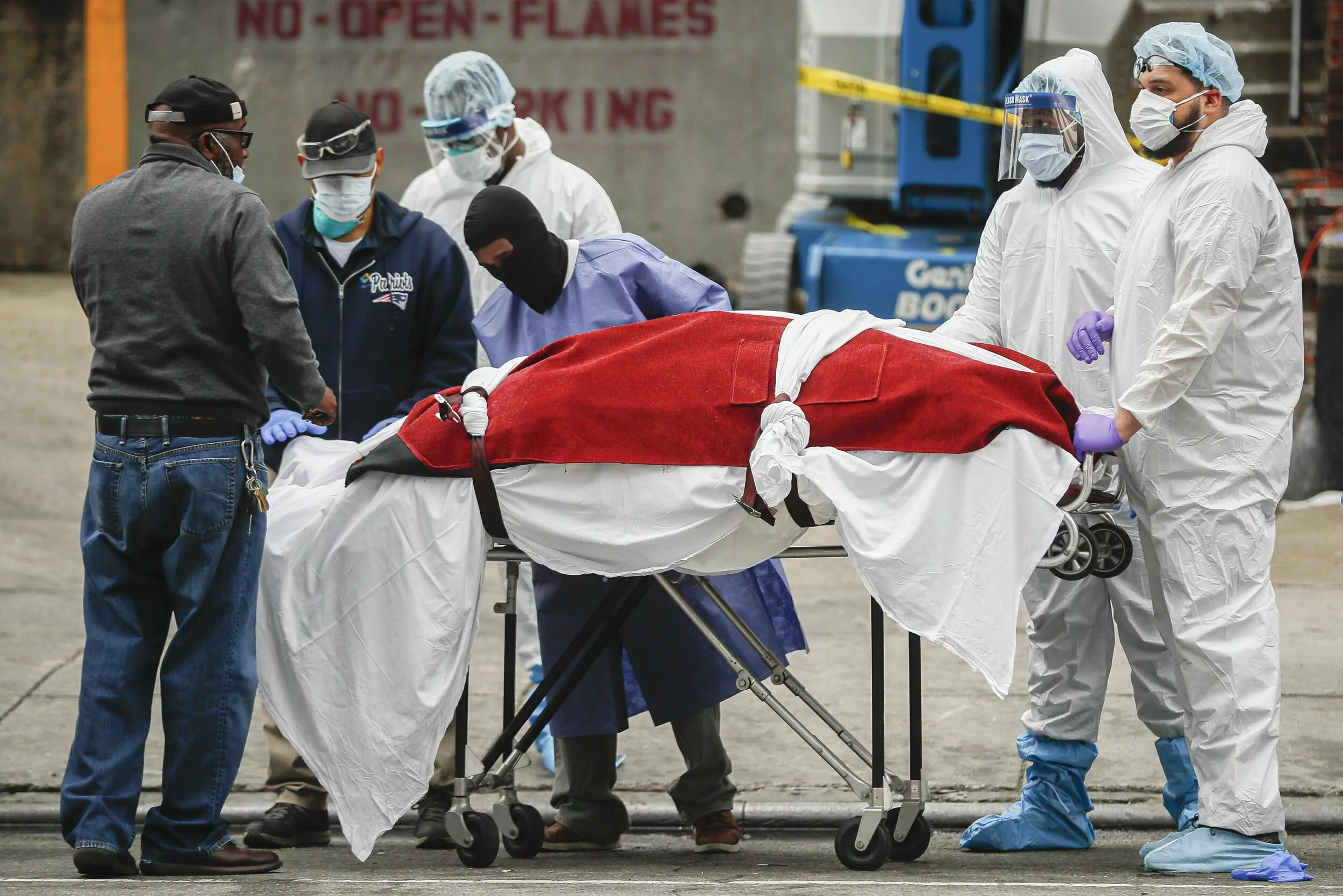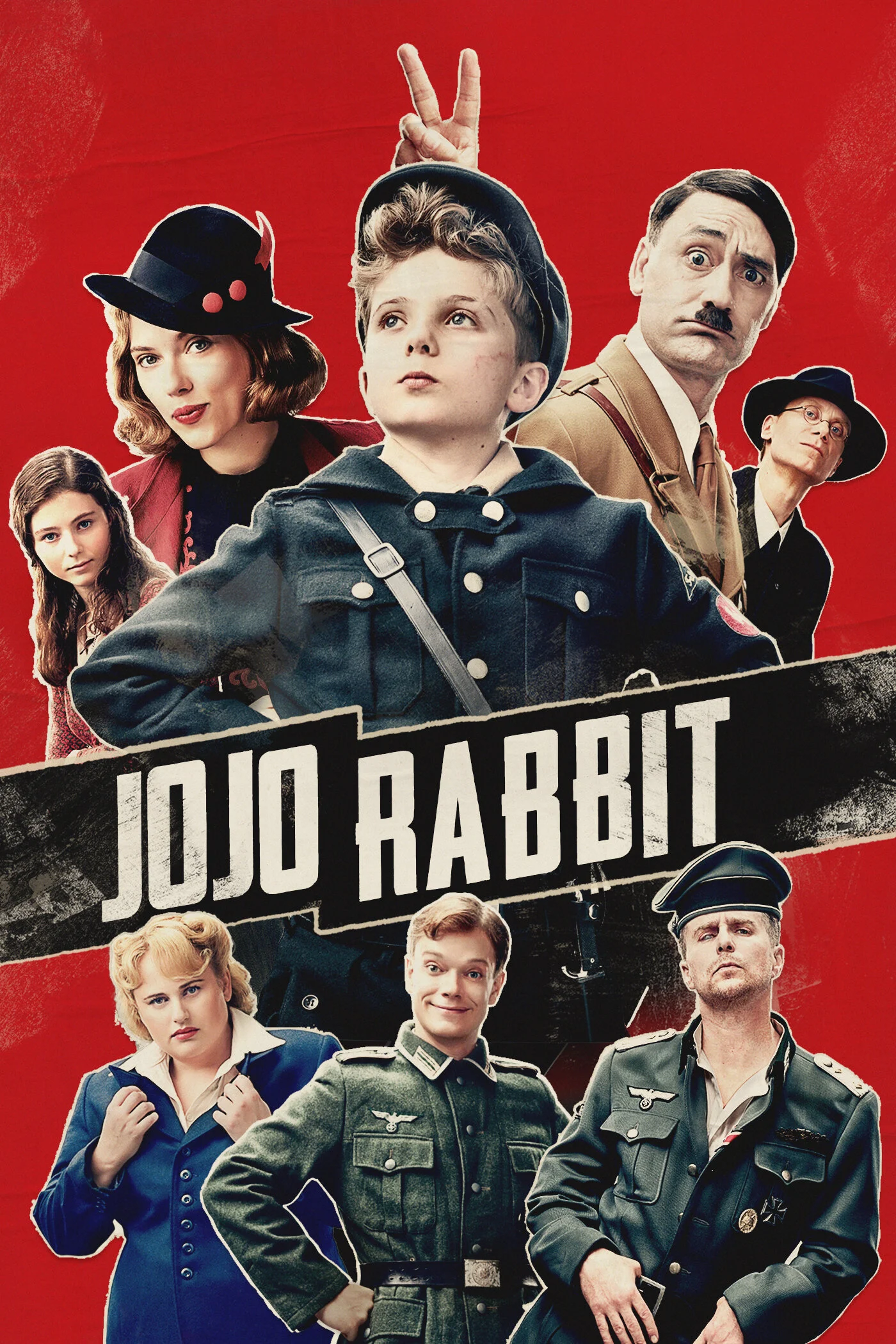Vox, 2020, 9:09… The image of sprinters Tommie Smith and John Carlos raising their fists during a medal ceremony at the 1968 Olympics in Mexico City is an enduring image of silent protest. But the key to understanding it goes beyond the black-gloved fists. All three medal winners, including silver medalist Peter Norman of Australia, wore buttons that read “Olympic Project for Human Rights.” The Olympic Project for Human Rights (OPHR) was a coalition of prominent athletes formed in 1967 that threatened to boycott participating in the upcoming Olympic games, in order to draw attention to systemic racism in the United States.
Sexist Double Standards in Yearbook Photos
Inside Edition, 2021, 2:10… Several students and their parents at one Florida high school are outraged after their yearbook photos were altered to cover up more of their chests. Riley O’Keefe’s original photo had a black bar digitally added to the top of her shirt. In total, 80 photos were deemed “inappropriate” by the school and digitally altered. All of them were girls. They say their school outside Jacksonville, Florida applied a double standard.
Environmental Racism in Memphis
Missing Indigenous Women
Cultural Appropriation with Mahjong
Inside Edition, 2021, 4:45… Many Asian Americans were angered when “The Mahjong Line” went viral for their pricey mahjong sets, which some are calling cultural appropriation. “[It’s] this ownership and profiteering from Asian culture that white America loves to do,” Andrew Ti, of the podcast “Yo, Is This Racist?” told Inside Edition Digital. The founders have since apologized, but is that enough? Inside Edition’s Johanna Li explains.
Beyond White Psychology
Vice News, 2020, 11:07… Alzo Slade participates in an “Emotional Emancipation Circle,” an Afrocentric support group created by the Community Healing Network and the Association of Black Psychologists. It’s a safe space for Black people to share personal experiences with racism and to process racial trauma.
Learning Pods & Educational Inequality
Voter Suppression: A Case Study
Race, Pollution & COVID-19
Vox, 2020, 9:02… Across the US, black people are dying from Covid-19 at disproportionately high rates. While there are many different factors at play behind the stark racial disparities — there’s one possible reason that’s been lurking in the air for decades: pollution. The long history of segregation and housing discrimination has long put black people at greater risk of living near chemical plants, factories and highways, exposing them to higher levels of air pollutants. These pollutants have had a chronically negative impact on health, leading to conditions like hypertension and asthma. Now, those same diseases are associated with severe cases of Covid-19, and showing that where you live can determine whether you survive from Covid-19.
Heroic Workers, Brave Consumers
Pregnant Black Women and Medical Neglect
Refinery29, 2019, 16:14… On this episode of Shady, our host Danielle Cadet is looking to get to the bottom of the Black maternal and infant mortality rate in America. She consults experts and well as those affected by this nation-wide crisis. Watch Shady to get a better understanding of what needs to change.
Emoji, Language, and Corporate Control
DW Documentary, 2020, 49:52… Who has power over the emoji? Where are emojis coming from? There is one "High Council" of online communication that is difficult to access and has the power over our emoji selection on the keyboard: The Unicode Consortium. So what does it take to get a new emoji on the phone's keyboard? Why is the LGBTQI rainbow flag emoji in the keyboards, but not the one that stands for transgender people? Where lies the power to make such decisions?
Unsustainable Death Care
Vice News, 2020, 6:48… Americans are largely fearful and avoidant of death and dying. This is partly a consequence of the professionalization of death care which removes and sanitizes death from everyday life. Embalming makes a corpse look life-like, but it is also terrible for the planet. Traditional cremations also require an unsustainable amount of resources while releasing pollution into the atmosphere. So, what can you do to not further damage the earth upon your death?
Credibility Bookcases
The New York Times, 2020, 4:20… Introducing the credibility bookcase, a background that lends authority to your video interview. From a dramaturgical perspective, it can be seen as a form of sign equipment we display to others to enhance our front stage self. In other words, books and bookcases are intellectual accessories. But it’s not just books, though—Joe Biden’s carefully placed football delivers an all-American vibe, and the material of the bookcases can indicate socioeconomic status as seen with the fancy woods endemic in celebrity homes.
Undercounting COVID-19 Deaths
Social Desirability Bias
Deconstructing Pandemic Charts
Vox, 2020, 4:57… It's important to know how the process of data visualization can shape our perception of the coronavirus crisis. In this video, we deconstruct one particularly popular chart of covid-19 cases around the world which uses a logarithmic scale, and explain how to avoid being misled by it.
Sociologizing Jojo Rabbit
Implicitly Pretentious, 2020, 10:05… This video essay examines how the film Jojo Rabbit (2019) displays sociological concepts related to the construction of nations, communities, myth-making, and the self. Other sociological concepts include national mythscapes, cultural appropriation, and discursive space.
Sociologizing The Dark Knight
The Thought Theater, 2020, 8:35… The character of Batman and the stories that revolve around him have always seemed to be substantiated on the symbiotic relationship between an individual, and the elements that encapsulate them. How do the ideas of society and the balance of good and evil mixed in with a little bit of chaos tell the story? Today we try to dissect and figure that out.
Paid Sick Leave
Vox, 2020, 6:33… In most developed countries, workers have the right to a certain number of paid sick days. It’s a policy that isn’t rooted in just generosity — during pandemics like the novel coronavirus, it can literally save lives. When workers have to choose between earning a living and staying home sick, it incentivizes them to come to work when they're ill, and potentially infect their colleagues and anyone else they come into contact with. That’s why public health officials are concerned that millions of American workers don’t have access to paid sick days. And a disproportionate share of those workers are concentrated in occupations like food service and hospitality, where there’s potential to infect the hundreds of customers many of them interact with every day.




















